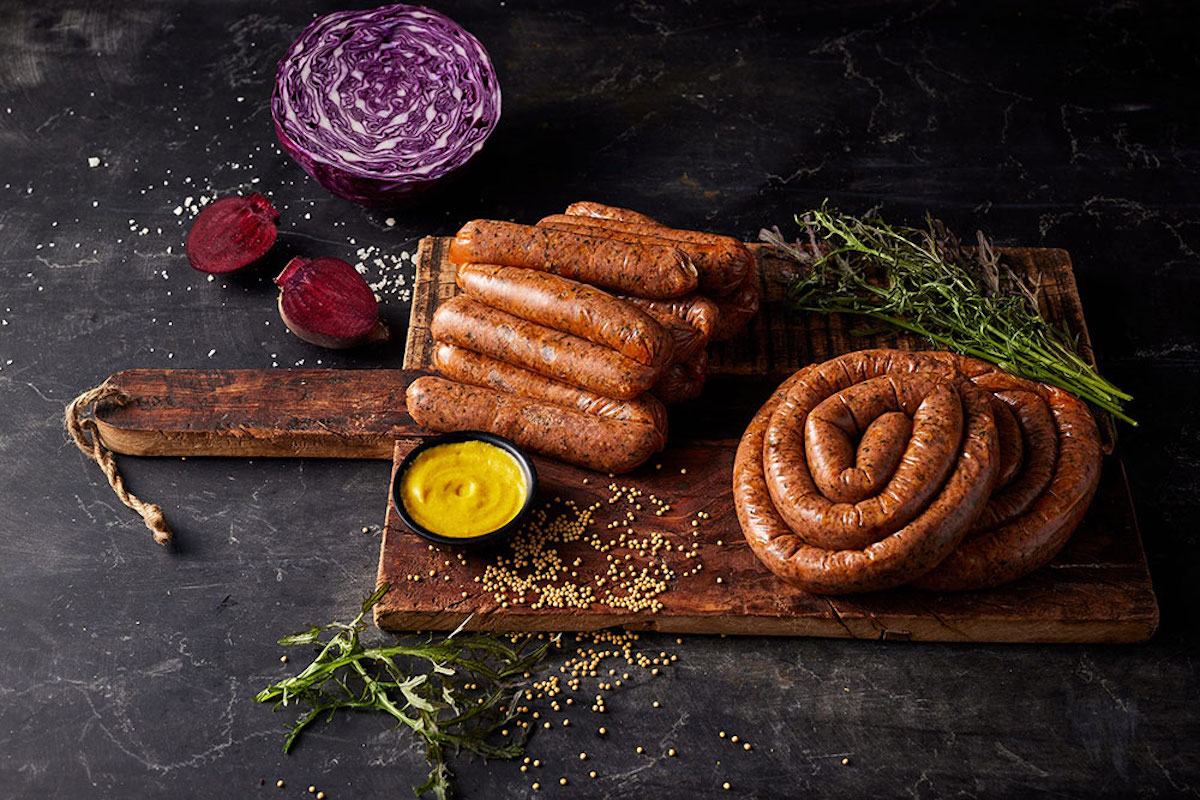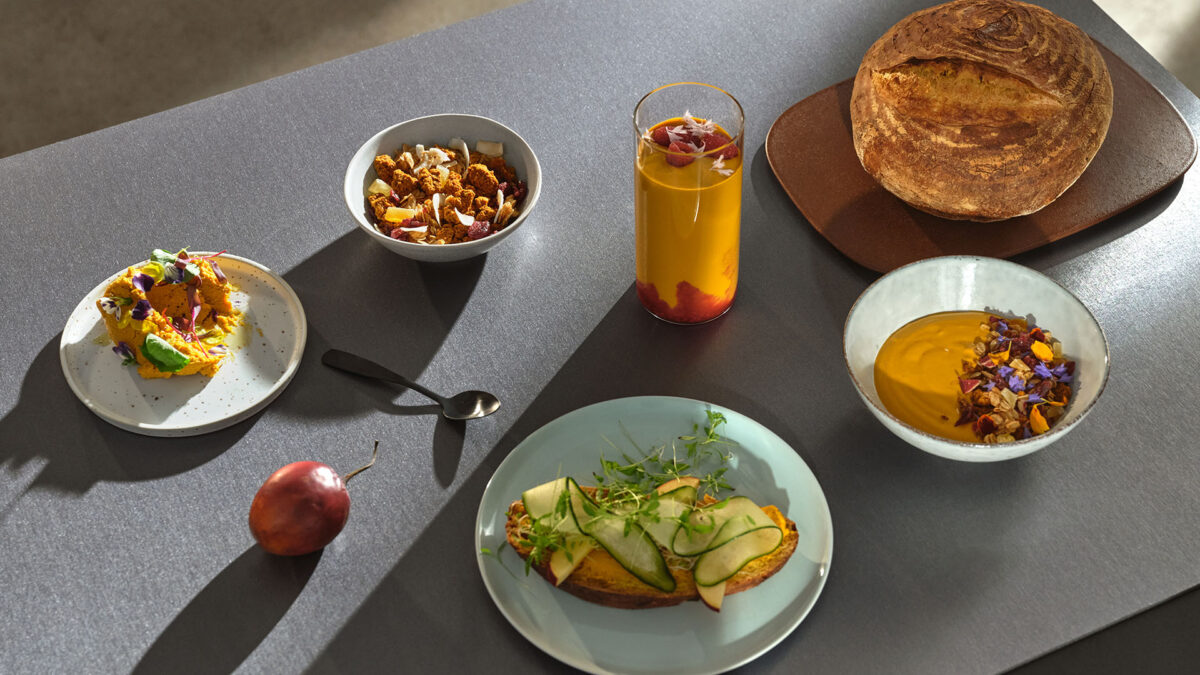Austrian start-up Arkeon secures $7M to turn CO2 into food with sights set on Mars

Arkeon Biotechnologies has raised more than $7 million (£5.3 million) in seed financing following an oversubscribed funding round.
The Vienna-based start-up’s proprietary technology uses microbes and fermentation to turn carbon dioxide into protein-rich ingredients for plant-based food.
It has drawn the attention of several leading food and climate investors – including Synthesis Capital, which recently invested in Israeli meat alternatives company Redefine Meat.
Arkeon’s mission is to produce “the next generation of protein ingredients,” according to company Co-Founder and Managing Director Dr Gregor Tegl. It aims to do this using archaea – one of the world’s oldest known living microbes. Arkeon’s other Co-Founder, Simon Rittman, is considered one of the world’s leading experts on the organism, having worked with it for the last 12 years.
The process begins with CO2 captured from industry – a practice that means Arkeon is a carbon negative operation.
A one-step fermentation process is then applied to the carbon dioxide, to create “the perfect protein ingredient”. The microbes used naturally produce all 20 amino acids – the building blocks of proteins – which humans need for a healthy diet.
The results can then be incorporated to different foods to enrich them with the same levels of protein as animal-derived counterparts. Such use cases will include plant-based meat alternatives, nutrition products and beverages.
As well as being carbon negative and plant-based, Arkeon’s method uses 99% less land when compared to traditional agriculture, and 0.01% of the amount of water.
“For the first time in history, we can turn the equation of modern food production upside down and turn a resource-intensive industry into a sustainable, low-emission system”, says Dr. Tegl.
Because Arkeon’s proprietary technology doesn’t require oxygen, there is scope to eventually use it in space – or, as the company more specifically suggests, Mars. Using direct harvest from a bioreactor, it claims: “We can feed astronauts on another planet.”
On its website, Arkeon claims it will “continue conversation” with the European Space Agency to bring the tech to space.
Finding foodtech solutions which work beyond the bounds of our own planet is a common target for companies – last month, Israeli group SpaceIL partnered with NASA to successfully grow chickpeas in space. Meanwhile NASA also called for innovative food companies to join its Deep Space Food Challenge earlier this year.
Arkeon’s success is part of a wider trend towards fermentation across the foodtech sector. In 2021, start-ups working with fermentation in the UK raised £36 million in funding, compared to just £1.47 million in 2020.








